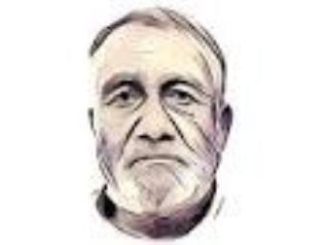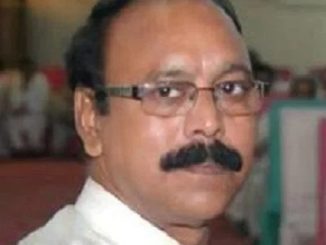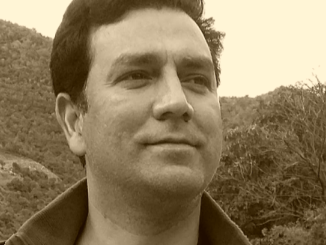
On betrayal
by, Naseer Ahmed
Betrayal is monster with many heads, hearts and limbs. Its diversity makes it very tough to define it, but we could see one thing recurs in the diverse universe of betrayal which is intent to hurt and harm while professing compassionate feelings to something, somebody and some idea.
This intent could be an outcome of fear, greed, cowardice, opportunism, hatred, jealousy, pragmatism and avarice alongside other possible factors. You could come across betrayal in almost all kind of human relationships because selling out is part and parcel of human existence perhaps since they formed first ever group.
Like many other human things betrayal has strong connections with hunt. Hunt is a jungle legacy, we have not been able to let go in spite of all our efforts. The moment we find somebody vulnerable, we begin to hunt and betrayal becomes a strategy to whatever share of corpse we could snatch from the group we are part of.
All kind of betrayals leave a legacy which runs through hours, months, years and centuries depending upon severity of individual cases. Failures to deal with such legacy keep generating new forms, strategies, styles and methods of betrayals. It is easy to find the girl long dead in the daggers of the girl alive. It is a ghost that keeps returning to remind you absurdity of power and powerlessness.
The most hurting and damaging form of betrayal is betrayal in love because we have such softness for love that we refuse to see betrayal coming. Even when we see it quite clearly and brightly, we prefer to switch off rational regions of our brains. This is the reason most crimes against humanity are committed by inspiring people with love for one another, love for family, love for nation, love for ideas and love for cultures.
Hatred of others is a common thing in these loves when they lead us to betrayal but our longings for belonging are so strong that we choose to ignore the hatred side of all these loves. Pride of being a part of wonderful and noble group does not let us see the reality and potentiality of nobility and wonderfulness of the people we betray. Excluding individuals and groups on basis of caste, creed, orientation, color and nationality is a form of betrayal which is quite widespread.
All forms of betrayal hurt, but betrayals of people whom we love most hurt the most. We could see this hurt in the eyes of parents when they are left to die alone in the phases of lives when they need their children the most. We could spot this hurt in the eyes of children who are abused by the adults who they trust thenmost. We could recognize this hurt in the eyes of lovers whose sweethearts sell them out for few dirty dollars.
We could find this hurt on the faces of friends who were just abused for committing the ultimate sin of trusting people who used friendship as a means to an end of hurt and harm. We could find this hurt in the slow walk of those people who have been denied jobs because they belong to a sect which majority of their country hate.
Dealing betrayals is one of the toughest things, but exploring our potential to deal with traumatic experiences has been our asset since jungle. I think best way to deal with betrayal is sticking with moral high ground with a cheerful and compassionate disposition. Like harlots and the haunted, being the best person around has its own pleasures. ‘Their sins cannot pollute thee’ kind of attitude supports a lot. Talk to your friends and family about it without making it the only topic of discussion.
Betrayal leads you to withdrawal, but remember these mystics and hermits have only come up with even more depressing and dangerous solutions to traumas and tragedies. Go for naming, shaming and compensations, but calculate the collateral damage.
Revenge is useless because it would leave a legacy of bad feelings, which would start a series of betrayals from all parties involved. Stop a betrayal when it is on a large social scale, because not stopping this kind of betrayal means inhuman violence. Forgiving a personal betrayal is noble, but forgiving a social betrayal is a participation in catastrophe.
Betrayals are also democratic crisis. Whenever people want to have more than they deserve is a democratic crisis. Whenever people want to hurt, harm and damage fellow people and animals is a democratic crisis. Whenever people exclude and discriminate to protect them from truth and to protect their privileges, it is a democratic crisis. Whenever people use love, sex and money selfishly without respecting other people’s rights, it is a democratic crisis. Whenever people try to dodge accountability, it is democratic crisis.
And betrayal to democracy is when you attempt to solve democratic crisis with some form of tyranny, it leads to an unstoppable series of betrayals. They rejected Mossadagh’s mandate which led to Shah to Khomeini. Both are two ugly facets of betrayal to democracy and people.




